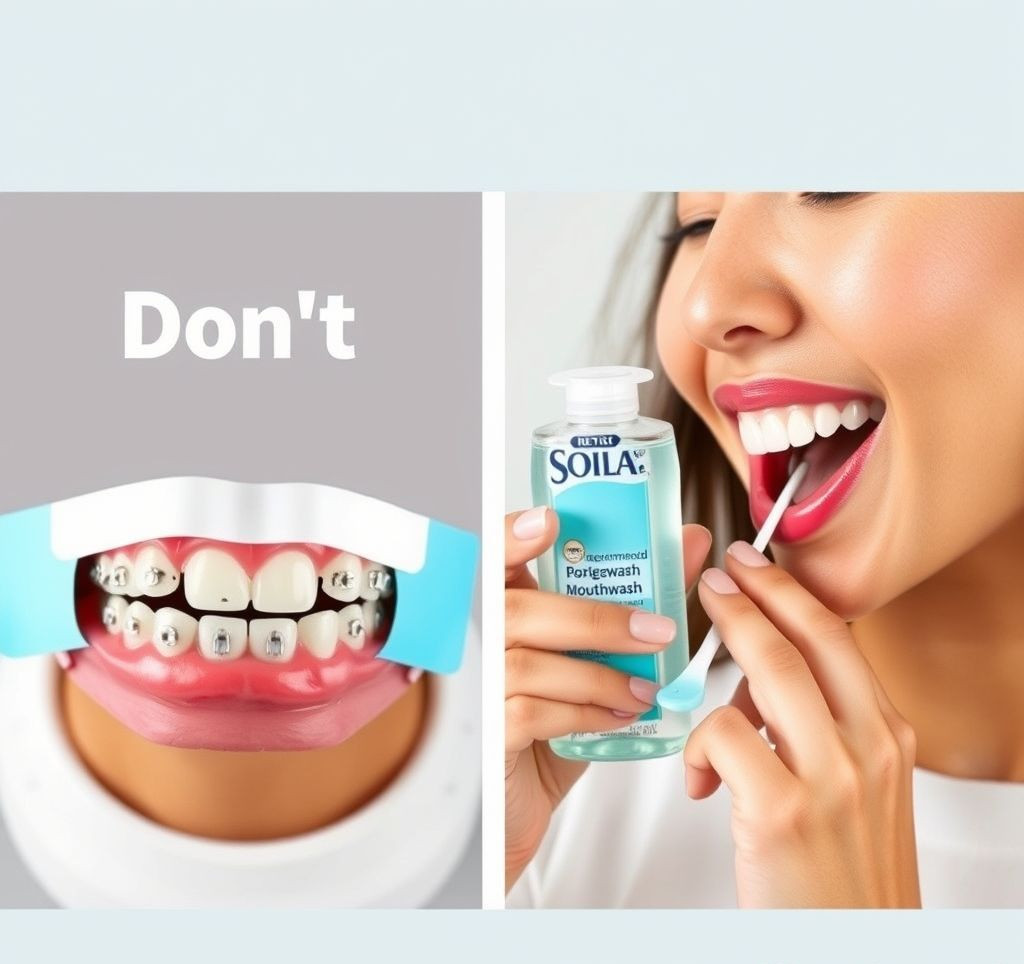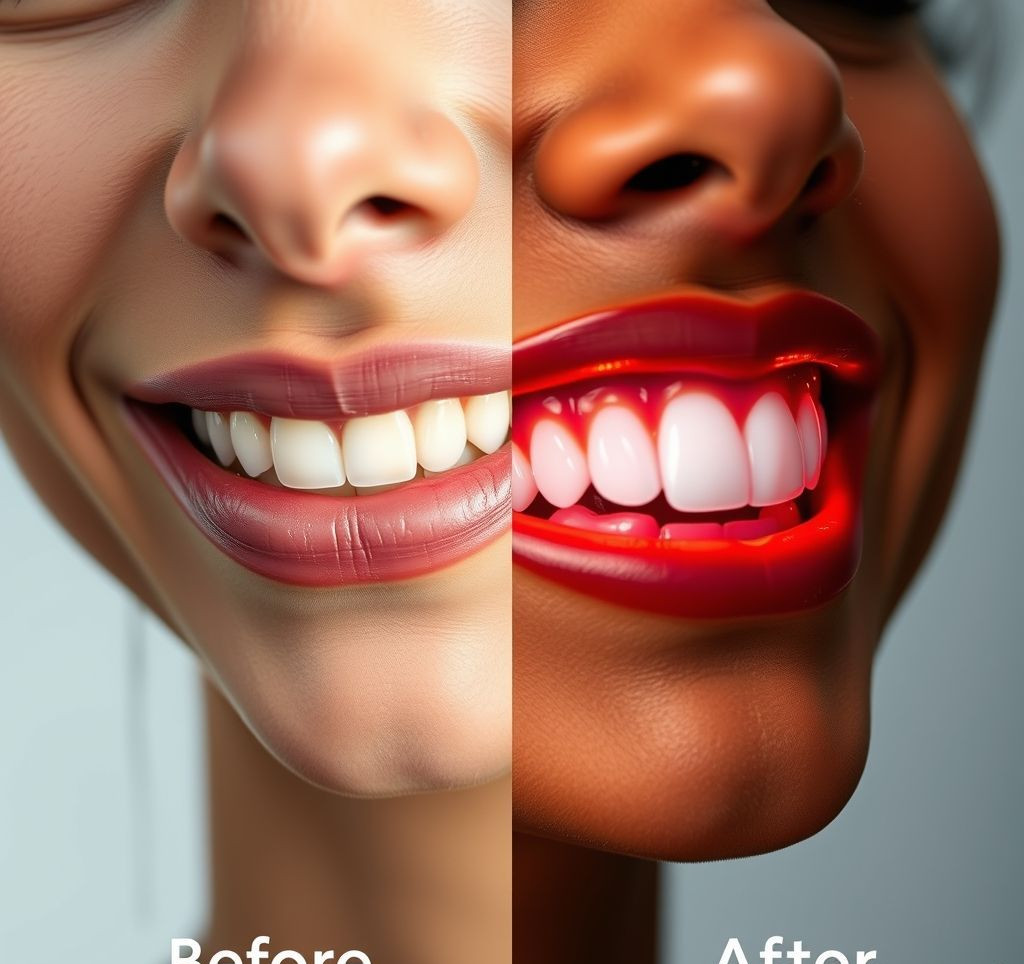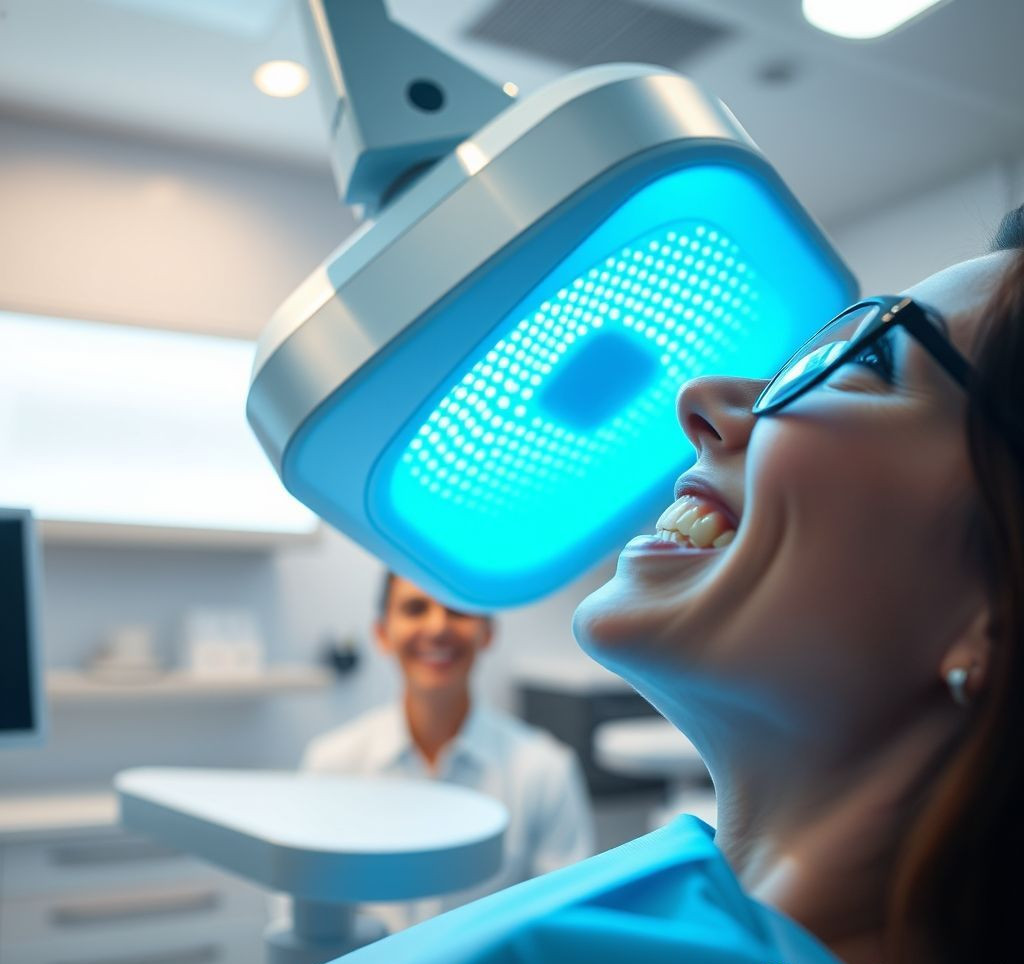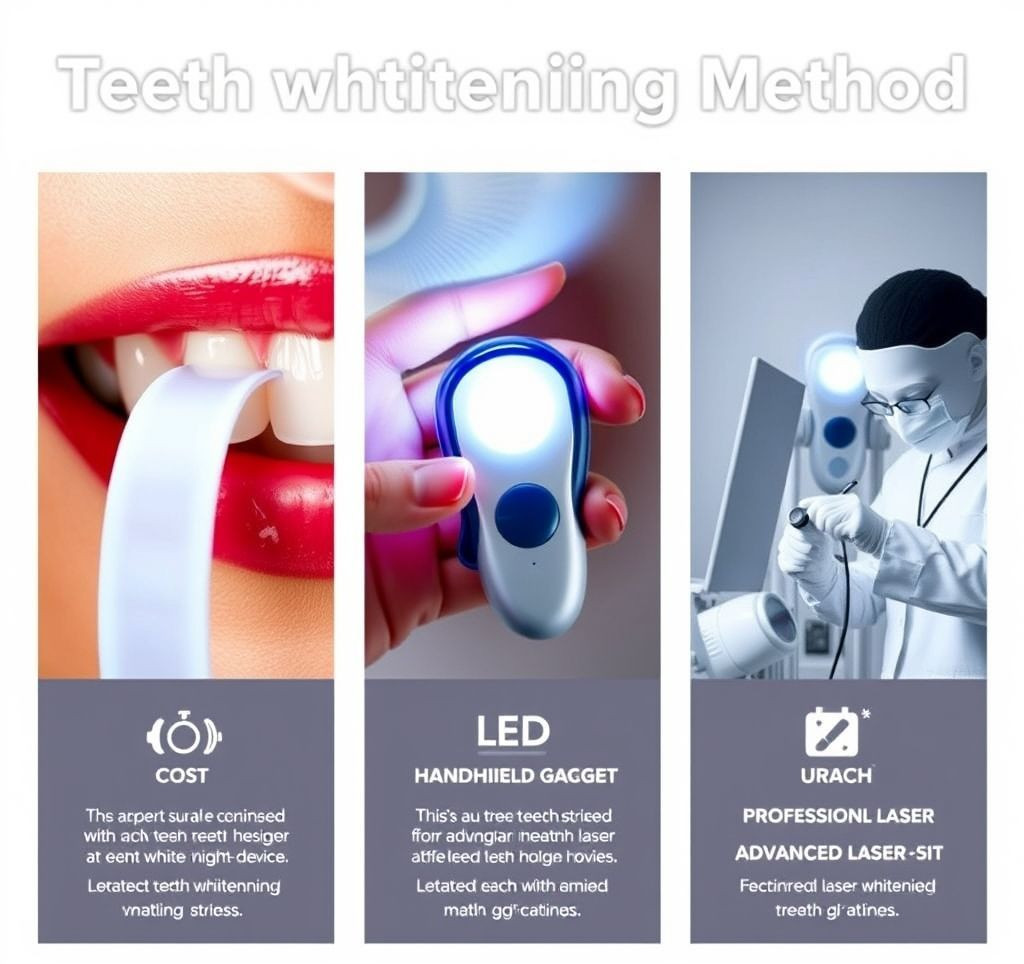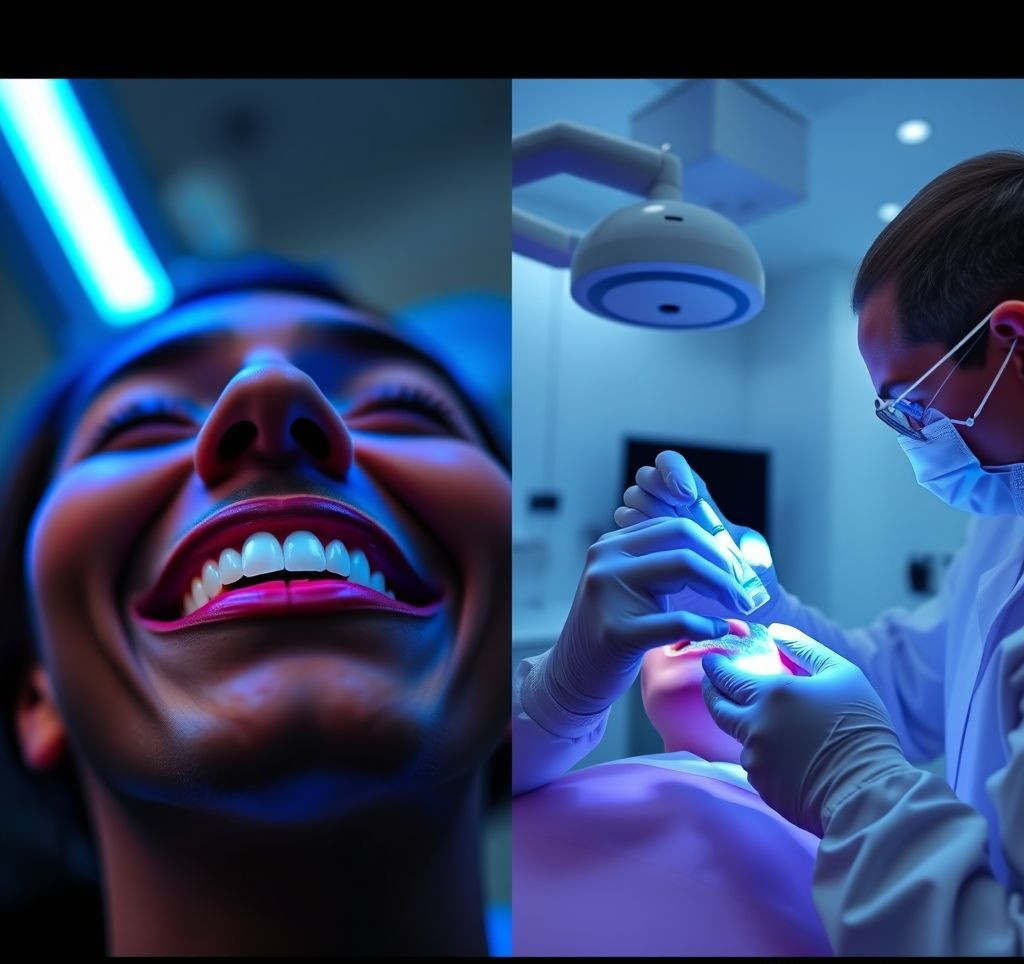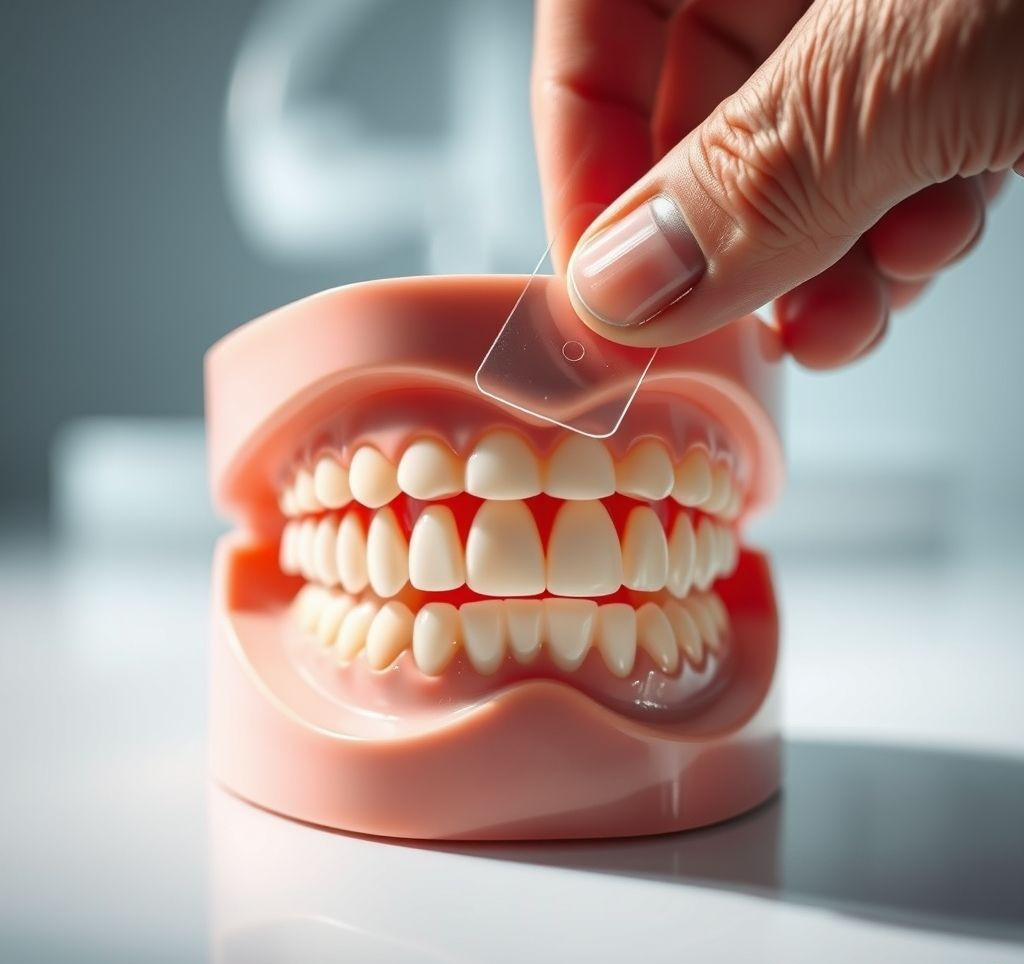The absence of teeth, whether due to age, injury, or illness, can significantly impact eating habits, speech, and self-esteem. But living toothless doesn’t have to mean a life of limitations. Thanks to advancements in modern dentistry, a full, confident smile is within reach, regardless of the extent of tooth loss. This guide explores the various solutions available to restore your oral health and overall well-being.
Why Addressing Tooth Loss is Crucial
Beyond aesthetics, addressing tooth loss (edentulism) offers a multitude of benefits. It’s about more than just looking good; it’s about feeling good and maintaining optimal health. Ignoring significant tooth loss can lead to a cascade of issues that impact your quality of life. Here’s why taking action is essential:
- Improved Nutrition: Difficulty chewing can severely restrict your diet, leading to nutritional deficiencies. Restoring your ability to properly chew allows you to enjoy a wider variety of healthy foods.
- Enhanced Speech: Missing teeth can affect your ability to pronounce certain words clearly. Replacing those teeth can improve speech clarity and boost your confidence in social situations.
- Prevented Bone Loss: After tooth extraction, the jawbone begins to resorb over time. Dental implants help stimulate bone growth, preventing further bone loss and maintaining facial structure. The National Institute of Dental and Craniofacial Research estimates that approximately 25% of bone is lost within the first year after tooth extraction.
- Boosted Self-Esteem: A complete smile can significantly improve your self-confidence, leading to a more positive outlook on life and improved social interactions.
- Better Overall Health: Oral health is closely linked to overall health. Addressing tooth loss can reduce the risk of chronic diseases, such as cardiovascular disease and diabetes.
Understanding Your Tooth Loss Solutions
Navigating the world of tooth replacement options can feel overwhelming, but understanding the basics will empower you to make informed decisions. Here’s an overview of the most common and effective solutions for those who are toothless or facing extensive tooth loss, helping you move towards getting new teeth:
- Dentures: These removable appliances are a cost-effective solution for replacing missing teeth. Full dentures replace an entire arch of teeth, while partial dentures fill in gaps caused by missing teeth. They provide support for facial muscles and improve chewing ability.
- Dental Implants: Dental implants are artificial tooth roots, typically made of titanium, that are surgically placed into the jawbone. They provide a stable and long-lasting foundation for replacement teeth, such as crowns, bridges, or dentures.
- Implant-Supported Dentures: This hybrid option combines the stability of dental implants with the affordability of dentures. Dentures are attached to implants, providing a more secure fit than traditional dentures.
- All-on-4 Dental Implants: A revolutionary technique that uses only four dental implants to support an entire arch of replacement teeth. This option is often suitable for patients with significant bone loss and offers a fixed, permanent solution.
- Full Mouth Reconstruction: This comprehensive approach involves a combination of procedures, such as dental implants, crowns, and veneers, to restore the function and aesthetics of the entire mouth. It’s tailored to meet the individual needs of each patient.
Choosing the Right Solution: A Step-by-Step Approach
Deciding on the best tooth loss solution requires careful consideration and consultation with a qualified dental professional. Here’s a structured approach to help you navigate the process:
- Initial Consultation: Schedule a consultation with a dentist specializing in restorative dentistry. Discuss your concerns, goals, and medical history.
- Comprehensive Examination: The dentist will conduct a thorough examination, including X-rays and possibly a CT scan, to assess your oral health and bone density.
- Treatment Planning: Based on the examination, the dentist will develop a personalized treatment plan outlining the recommended solution(s), procedure details, and associated costs. Don’t hesitate to ask questions and understand the pros and cons of each option.
- Procedure(s): Follow the dentist’s instructions carefully before, during, and after the procedure(s). This may involve pre-operative preparations, surgery (if implants are involved), and post-operative care.
- Follow-Up Care: Regular follow-up appointments are essential to monitor healing, ensure proper fit of dentures or implants, and maintain long-term oral health.
- Maintenance: Proper oral hygiene, including brushing, flossing (or using interdental brushes), and regular professional cleanings, is crucial for the success of any tooth replacement solution.
Expert Tips & Best Practices for a Confident, Tooth-Supported Life
Successfully adapting to life with dentures or dental implants requires ongoing care and attention. Here are some expert tips to help you maintain your oral health and enjoy a confident smile:
- Practice Excellent Oral Hygiene: Even with dentures, it’s essential to brush your gums, tongue, and palate daily to remove bacteria and stimulate circulation. For implants, meticulous brushing and flossing are critical to prevent peri-implantitis (inflammation around the implant).
- Proper Denture Care: Clean your dentures daily with a denture brush and cleanser. Soak them in a denture solution overnight to keep them hydrated and prevent warping. Never use toothpaste, as it can be too abrasive.
- Dietary Considerations: While dentures and implants can significantly improve chewing ability, it’s still wise to avoid excessively hard, sticky, or chewy foods that could damage your replacement teeth or dislodge dentures.
- Regular Dental Checkups: Even with successful tooth replacement, it’s crucial to visit your dentist regularly for checkups and professional cleanings. This allows your dentist to monitor your oral health, identify any potential problems early, and ensure the long-term success of your treatment.
- Communicate With Your Dentist: Don’t hesitate to contact your dentist if you experience any discomfort, pain, or loose-fitting dentures. Prompt attention can prevent minor issues from escalating into more serious problems.
“The key to success with any tooth replacement option is collaboration between the patient and the dental professional. Open communication, realistic expectations, and diligent home care are essential for achieving a long-lasting, functional, and aesthetically pleasing result.” – American Academy of Periodontology




